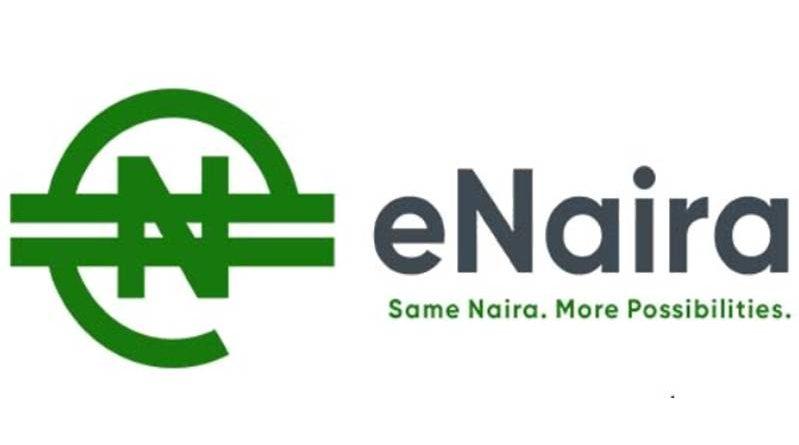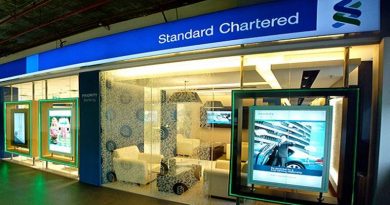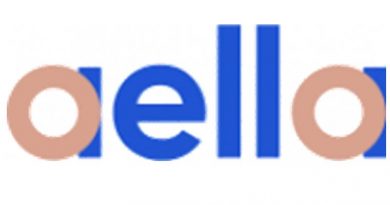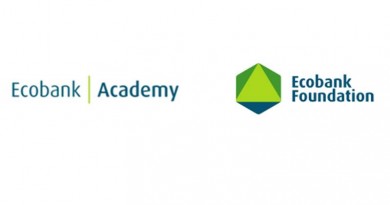Despite all the hype, eNaira adoption is still disappointingly low – IMF
According to a recent International Monetary Fund (IMF) assessment, adoption of Nigeria’s digital money, the eNaira, is disappointingly low. The IMF research shed light on the obstacles confronting the eNaira project one year after its inception, emphasizing the need for additional efforts to boost its acceptance.
Despite the absence of substantial risk concerns like as large-scale cybersecurity events, the IMF report recognizes the Central Bank of Nigeria’s (CBN) success in maintaining the eNaira’s continuous 24/7 operations.
The survey, however, underlines the slow adoption of digital currency by both families and merchants. One of the report’s significant findings is the modest rise in eNaira wallet downloads among retail users. Despite an initial rush in downloads, exceeding 500,000 units in a short period of time, following progress has been slower.
The public adoption of the eNaira has been regrettably minimal, as evidenced by the amount of wallet downloads and transactions. It took 63 days more to reach 600,000 units, and another 143 days to reach 700,000 units. As of the end of November 2021, the total number of retail eNaira wallets was at 860,000, accounting for only 0.8% of Nigeria’s active bank accounts.
In comparison, the number of merchants using eNaira wallets was around 100,000, which was only a fraction of the shops using traditional Point-of-Sale (POS) terminals for card payments.
According to the IMF assessment, the majority of eNaira wallets are inactive, with just a brief period of increased activity noted. Since the currency’s introduction, there have been approximately 14,000 eNaira transactions every week on average, representing only 1.5 percent of the total number of wallets.
This means that during any given week, 98.5% of wallets were not used at all. The average value of an eNaira transaction has been around N923 million per week, which is less than 0.0018% of the average amount of M3 (broad money supply) for the same time period. The average value of a transaction is N60,000.
While admitting the eNaira project’s limitations, the IMF report also stated that it is still too early to make a decisive decision on its fate.
The CBN’s initial staged strategy, which gave access exclusively to clients with bank accounts while confining transactions to onshore use, has limited the real benefits of eNaira adoption for the majority of wallet holders.
Furthermore, eNaira confronts stiff competition from well-established incumbent networks, such as mobile money, which provide comparable services with broader acceptability.
The CBN has entered phase 2 of the eNaira programme in response to low acceptance rates. This phase intends to increase the digital currency’s coverage by covering those who do not have bank accounts but do have mobile phones and valid Know Your Customer (KYC) information.
Individuals without internet access can now use USSD technology to access the eNaira. The CBN has also escalated its push to promote eNaira usage, urging big supermarkets and hotels to join the merchant network, providing eNaira stipends to CBN employees, and conducting developer hackathons to uncover and highlight possible eNaira use cases.
The IMF report concludes by emphasizing the need of addressing the eNaira project’s problems, such as boosting public trust in Nigeria’s monetary system and improving the digital currency’s technological reliability. According to the IMF research, the success of the eNaira initiative is dependent on breaching the low adoption equilibrium through innovative techniques and a bit of luck.
Furthermore, the paper emphasizes the importance of competing with well-established incumbent networks, such as mobile money, which already offer generally accepted retail-level services. While the study highlights the obstacles and asks for additional action, it also recognises that the CBN has taken steps to resolve the issues.
The expansion of eNaira coverage to include those without bank accounts but with mobile phones and acceptable KYC information is a step in the right direction. The CBN intends to make it easier for individuals to open eNaira wallets and fill their balances by permitting cash-in services through agency banking networks, mobile money transfers, and third-party transfers.
Another encouraging aspect is the CBN’s increased drive to promote eNaira usage. Encouraging big supermarkets and hotels to join the eNaira merchant network can boost consumer acceptance and usage. Stipends for CBN employees via the eNaira illustrate the CBN’s commitment to leading by example.
Hosting developer hackathons can also encourage innovation and reveal new use cases for digital money.
However, the research also notes the upcoming hurdles. The extension of eNaira usage for remittances may meet challenges in the near term, and the modalities of such usage are still being discussed. Building public trust in Nigeria’s monetary system and addressing concerns about the technological reliability of the eNaira are critical tasks that must be completed. Get the full IMF report here




